
Subjective with ulcer, man had to amputate penis due to can:cer
After Mr. T. was advised to undergo a biopsy of the lesion, the results confirmed that he had penile cancer. Given this condition, the doctors proceeded with surgery to remove the entire penis.
Two years ago, Mr. T. (45 years old, living in Củ Chi district, Ho Chi Minh City) had visited the hospital because of a small wart-like nodule on the glans penis. The doctors at the Department of Urology, Xuyen A General Hospital (Ho Chi Minh City) suspected that this nodule was a malignant lesion and advised Mr. T. to undergo a biopsy to determine the most accurate treatment direction. However, for personal reasons, Mr. T. refused both the biopsy and treatment.
Over the past two years, the wart progressed and occupied the entire length of the penis, accompanied by increasing inflammation and ulceration spreading on the penis, causing swelling and pain. This severely affected Mr. T.’s health, psychology, and sexual function.
Mr. T. returned to Xuyen A General Hospital for re-examination. At this time, the urology doctors noted that the lesion had spread to the scrotal area. Mr. T. was advised to undergo a biopsy, and the results confirmed penile cancer.
Given this clinical picture, the doctors performed surgery to remove the entire penis and part of the scrotal skin, along with bilateral inguinal lymph node dissection, in order to thoroughly treat the tumor.
On May 18th, Master – Doctor Nguyen Doan Ngoc Tran from the Department of Urology at Xuyen A General Hospital stated that for patient T., the penile cancer had spread to the scrotal area. During surgery, the medical team had to carefully dissect and amputate the penis deeply down to the perineal region, while also performing thorough bilateral inguinal lymph node dissection. Fortunately, the tumor had not deeply invaded the urethra, so the surgeons were able to reroute the urethra to the perineal area to allow the patient to urinate in the future. However, the patient will definitely have to urinate in a sitting position.
Four days after surgery, the patient recovered well, and the surgical wounds in the bilateral groin areas were dry. Currently, the patient has a urethral catheter in place, which is expected to be removed in a few days so that the patient can urinate independently.
From patient T.’s case, doctors recommend that men should not be complacent when they notice any abnormal lesions in the penile area. Symptoms of penile cancer are sometimes unclear at first—initially just small warts or ulcers with slight discharge—so patients often ignore them or hesitate to seek medical examination, which can lead to dangerous complications as the disease progresses.
Therefore, men with phimosis (tight foreskin), unsafe sexual behaviors, or penile lesions such as warts or ulcers should promptly seek urological examination for timely treatment.
Causes of Penile Cancer
Penile cancer is a condition where ulcers, infections, or persistent discharge on the penis lead to uncontrolled growth of malignant cells. It can develop anywhere on the penis (both external and internal parts), but typically starts on the glans or foreskin.
Common causes of penile cancer include HPV (human papillomavirus) infection or phimosis, which makes hygiene difficult and creates favorable conditions for bacterial growth, increasing the risk of cancer.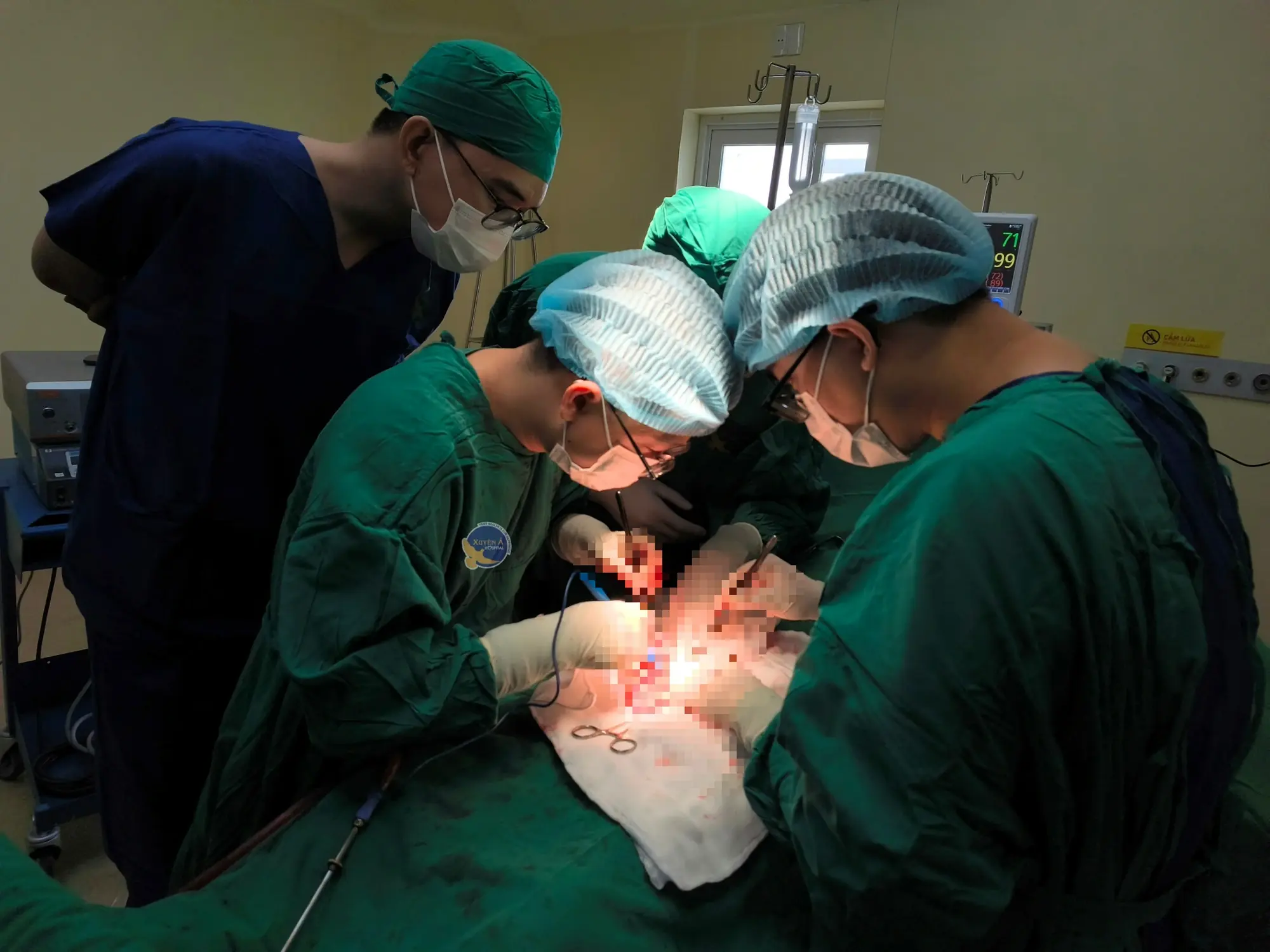
News in the same category


5 Gorgeous Greenhouse Ideas To Transform Your Yard!

English garden ideas – 13 design tips to get a classic or more informal look

5 Charming Cottage Garden Ideas for a Storybook Yard

Young Goodman Brown

The Lady, or the Tiger?

How to plan a cottage garden – from choosing a layout to picking plants

My Kinsman, Major Molineux

The Legend of Sleepy Hollow

Attached Greenhouse

8 inspiring backyard greenhouse ideas for every gardener

A Horseman in the Sky

The Purloined Letter
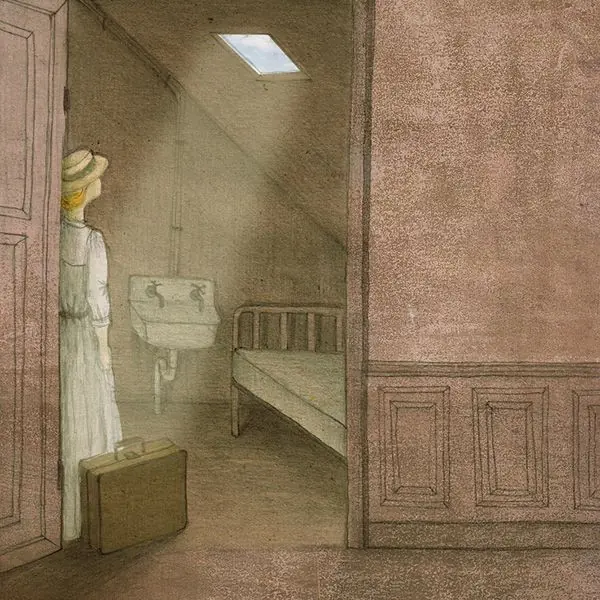
The Skylight Room

Regret

The Way to the Dairy

The Story of An Hour

Eve's Diary

The Luck of Roaring Camp
News Post

The little hole near your sink’s rim? It’s more useful than you think

For those of you who don't understand

This group of people should stay away from kohlrabi as a "p o i s o n"

3 warning signs while sleeping that could be linked to cancer

Preserving salmon

Feeling useless, afraid to communicate

Uses of water bottles

Shrimp preservation

What should be placed at the head of the bed?

5 signs of the feet
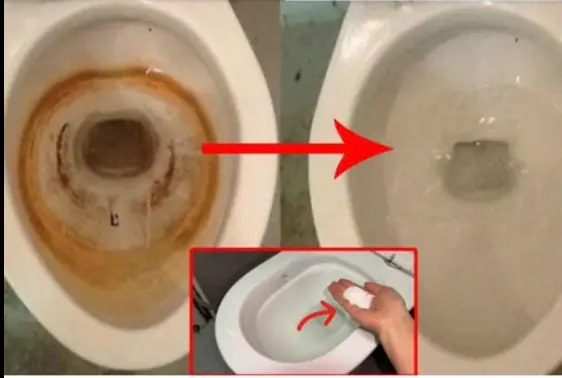
Quick toilet cleaning

Discover why they happen and how to stop them!
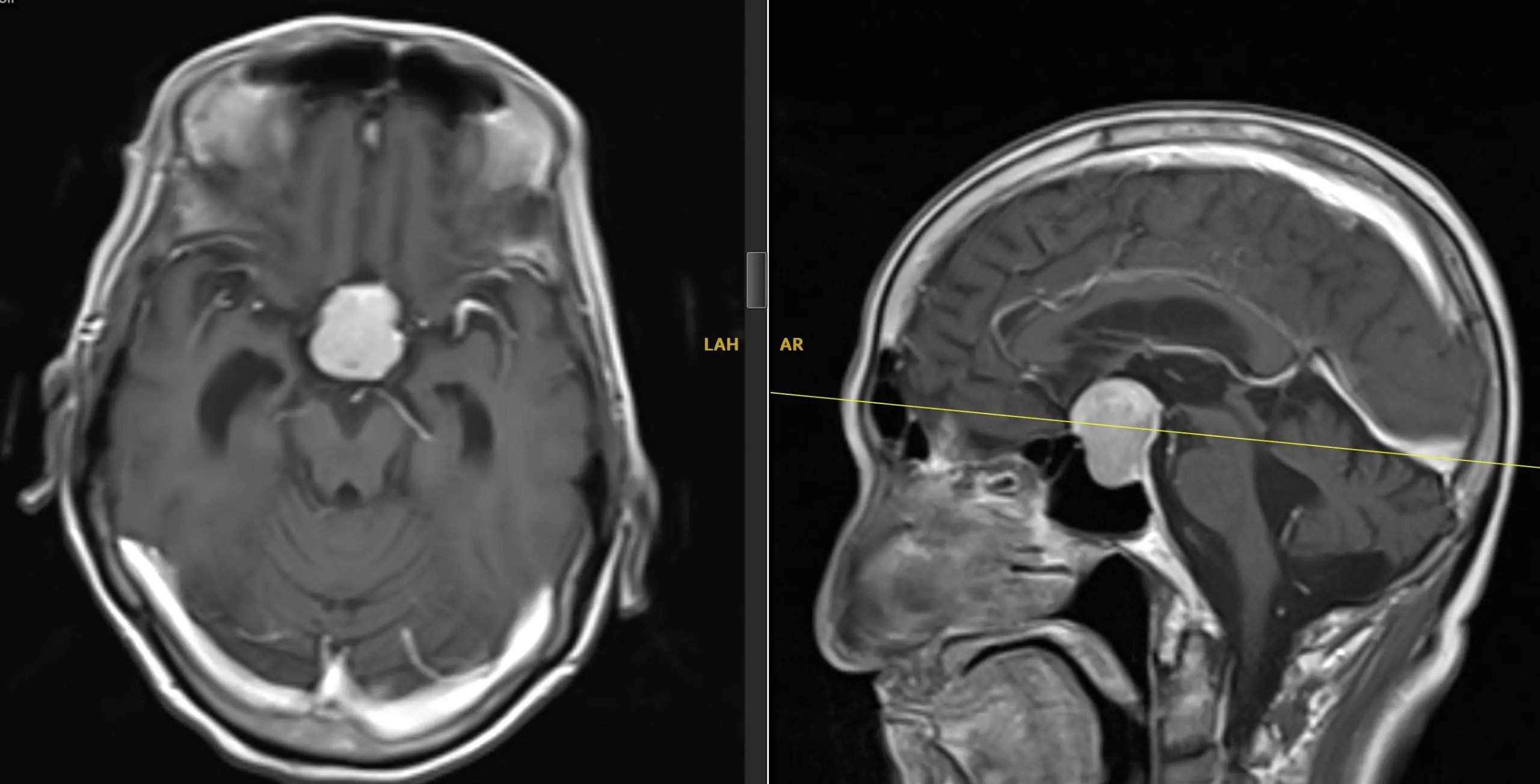
Doctors warn of many cases of blurred vision and headaches of unknown cause

Discovered a vitamin that many people take is a 'savior' for liver disease

Fucoidan active ingredient from Japanese Mekabu brown algae supports patient health
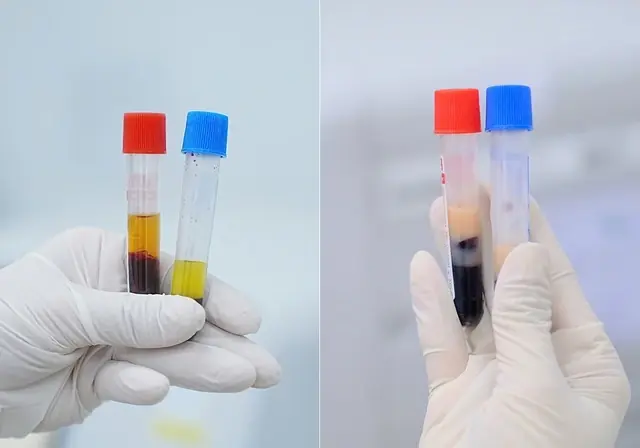
Examination shows milky serum, a warning sign of stroke risk

Turning on the air conditioner and closing the doors causes insomnia, fatigue, and hair loss: What do doctors say?

Lung can:cer inhibitor found in the plant Belamcanda chinensis
